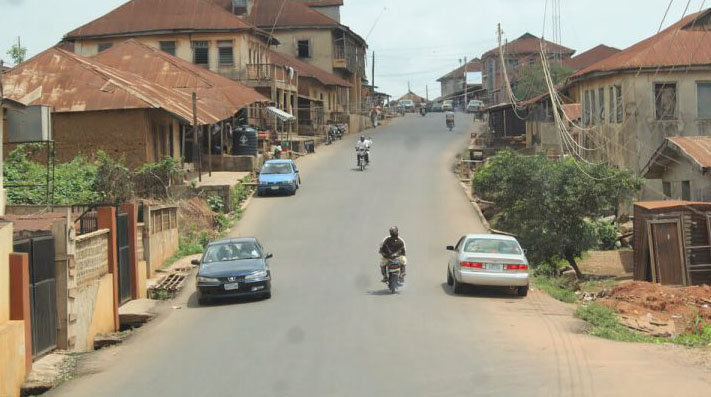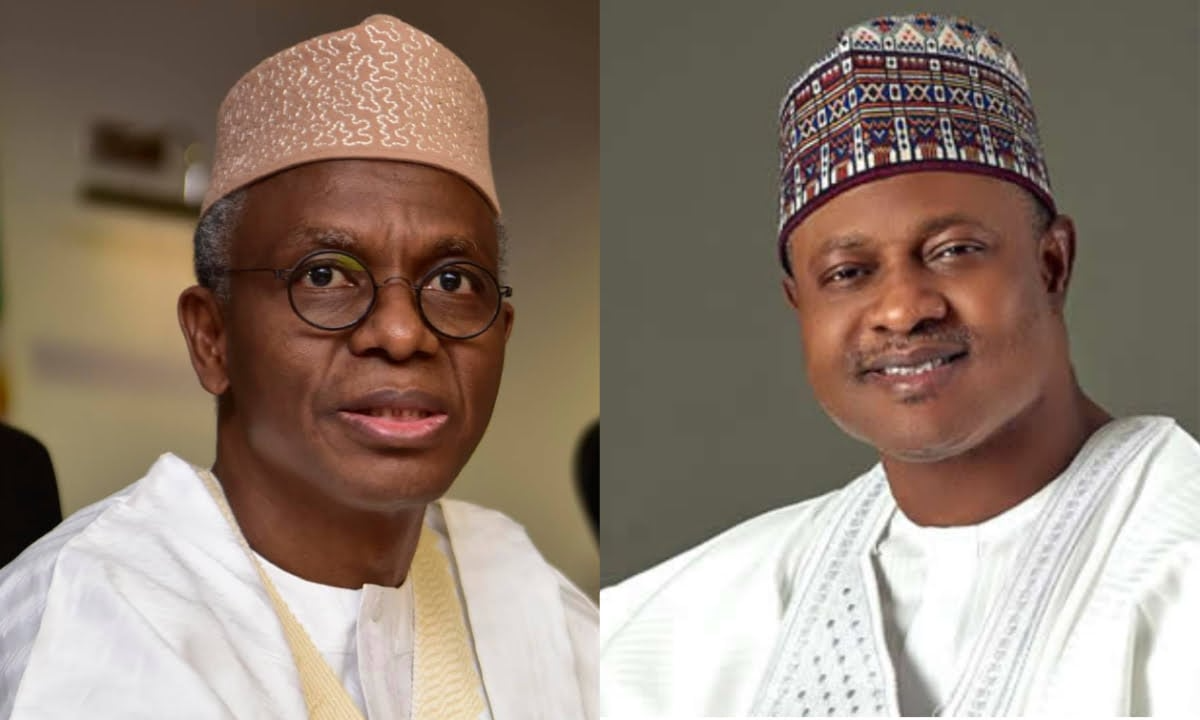There is a glimmer of hope of restoring peace among the warring Osun communities- Ifon, Erin-Osun, and Ilobu, recently ravaged by boundary disputes, as their traditional rulers have appeared before the peace committee constituted by Governor Ademola Adeleke.
The three communities located in Orolu and Irepodun local government areas of the state have been embroiled in a perennial boundary dispute, which has culminated in the loss of lives and wanton destruction of properties worth billions of naira.
Though the state government intensified measures in the last two years to stem the resurgence of hostilities by declaring curfew in the affected communities about eight different times, the development had failed to restore peace.
Meanwhile, the expanded peace committee, which was constituted by the Adeleke-led administration, chaired by the Ataoja of Osogbo, Oba Jimoh Olanipekun, and co-chaired by a renowned human rights activist, Comrade Waheed Lawal, along with four other traditional rulers in the state, met the affected monarchs in the state capital last Thursday.
The Olufon of Ifon, Oba Peter Akinyooye, the Olobu of Ilobu, Oba Ashiru Olaniyan, and the Elerin, Oba Yusuf Omoloye, were physically present at the meeting for the first time since the inauguration of the committee and resolved to cooperate with the government.
Sources informed our correspondent that the monarchs, who were recently warned by Adeleke to ensure resolution of the boundary dispute or face dethronment, promised their commitment to promote peace and tranquility in their domains.
Though some grey areas were yet to be fully addressed, one of the sources hinted that the peace committee was able to secure some level of commitment from the monarchs, who expressed readiness for ‘give and take’ in the interest of peace.
Confirming the development on Tuesday, the co-chairman, Comrade Waheed Lawal, disclosed that the committee in its effort to ensure a lasting solution, has heard the grievances of the indigenes of the three towns and also visited the buffer zones that are precipitating the crisis.
He stated that the committee is not just sitting to listen to grievances, stressing that “we have visited the disputed areas and also collected the written submissions from the towns, which were adopted by their representatives.”
“We have also met with the traditional rulers from the communities, but the details of our meeting will be made public later during the submission of our report to the government, which will be very soon. We are hopeful that this step would ensure a lasting solution to the persistent crisis in the areas,” Lawal posited.





